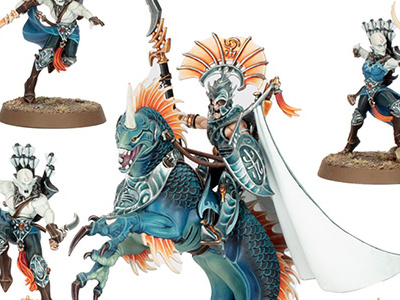Upper Deck has won an auction to take over the intellectual property and die-cast car business of its competitor Fleer. Fleer, which was founded in 1849, manufactured its first trading card in 1923, and won a key court case in 1981 that broke Topps' monopoly on baseball cards and set the stage for the sports card boom that lasted for a decade, was crippled with $40 million in debt. Upper Deck paid $6.1 million to acquire Fleer's name and its inventory of $1 million in miniature team buses and other die-cast toys. Upper Deck also acquired a potentially huge liability -- an estimated 30,000 unfulfilled mail-in cards issued by Fleer in lieu of placing autographed cards in its packs. Upper Deck plans to announce soon how it plans to make use of the Fleer trademarks and deal with customer service issues arising from the acquisition.
According to USA Today in late 2003 Upper Deck offered to pay $25 million for Fleer, which had been purchased from Marvel in 1999 by Rite Aid pharmacy founder Alexander Grass. The disparity between what Upper Deck offered in 2003 and what it paid in 2005 provides some indication of the decline in the sports card market. Back in 1991 the market peaked at more than $1.1 billion wholesale, but sales in 2005 are expected to be less than a quarter of the 1991 total.
Fleer's attempts to diversify by producing non-sports trading cards and collectible card games were unsuccessful -- the company pulled the plug on its Ophidian 2350 CCG in February of 2004 (see 'Fleer Kills Ophidian 2350 Expansion'). Fleer's more successful competitors such as Upper Deck, Topps, and Score have been able to diversify successfully into CCGs or non-sports cards or both.







